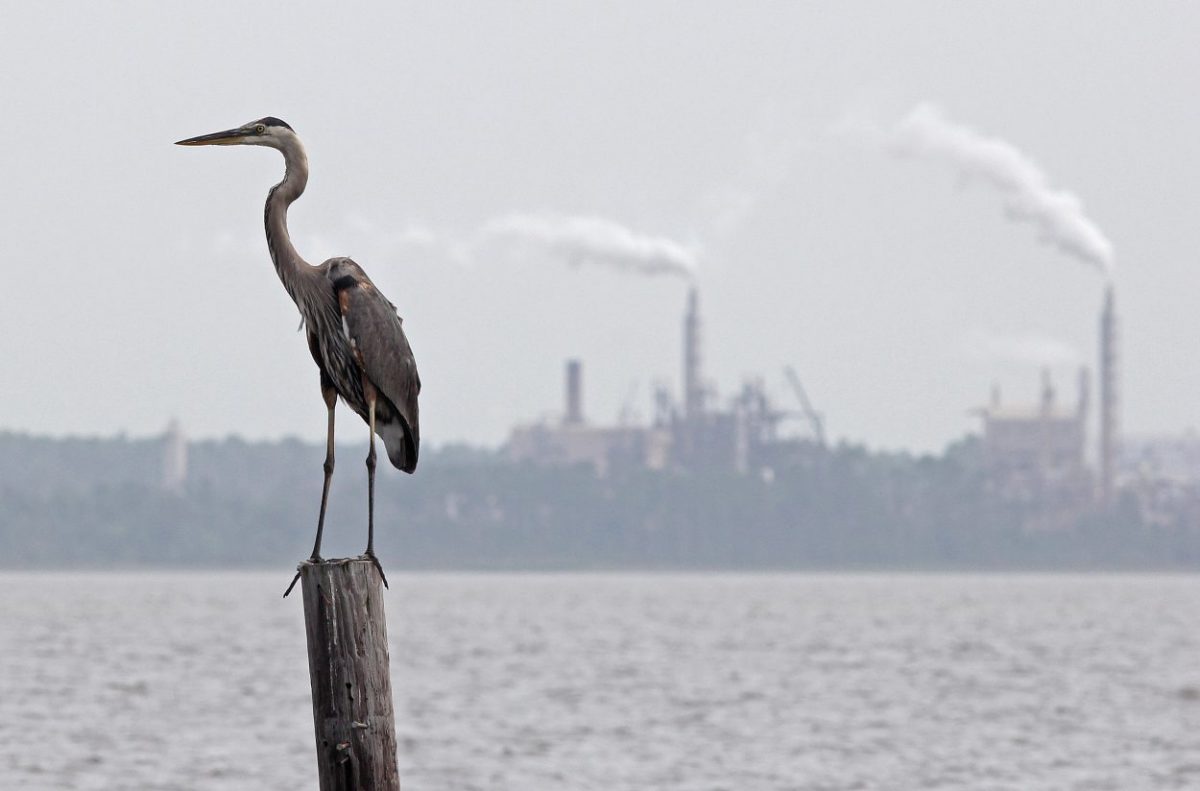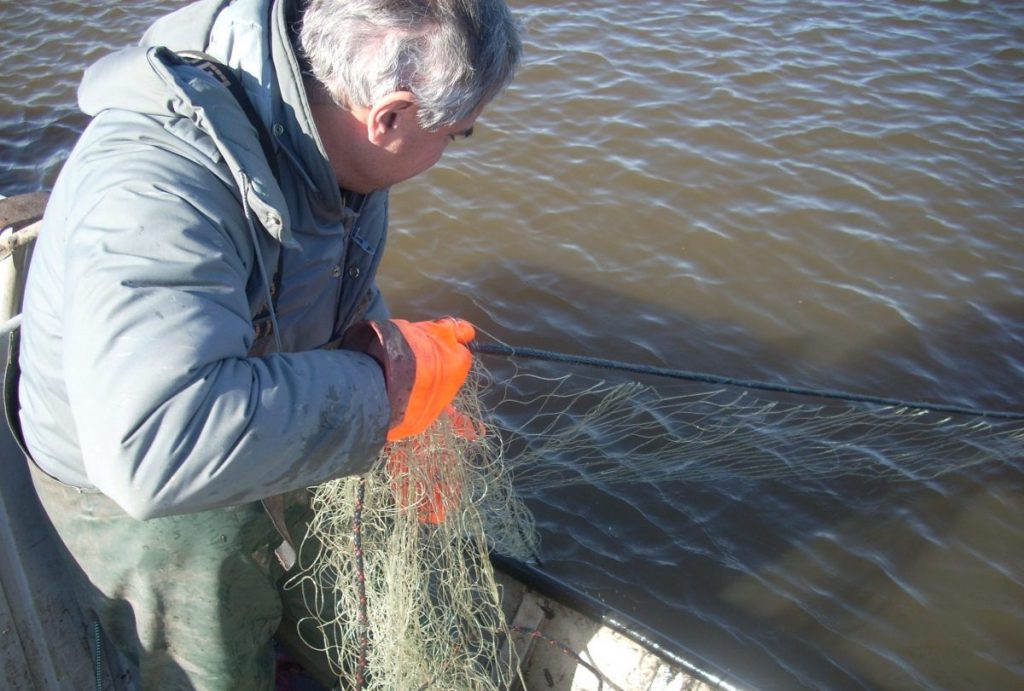On Wednesday, Republican Sen. Lindsey Graham of South Carolina announced the creation of a new congressional group focused on addressing environmental issues, listing as top priorities public land access, water quality and ocean pollution. Said by some to be a reaction to Democrats’ Green New Deal — which Graham has called “crazy economics” — the Roosevelt Conservation Caucus (RCC) will diverge by instead concentrating on developing market-based solutions to conservation challenges.
“We believe that you cannot have a healthy environment and destroy the economy.”
“We believe that you cannot have a healthy environment and destroy the economy,” Graham said at the July 10 press conference announcing the creation of the caucus. ““Every American who cares about the environment also should care about a strong economy. Without a strong economy, you don’t have the resources to do things [that are] necessary.”
Named for U.S. President, famed conservationist and National Park Service founder Theodore Roosevelt, RCC was formed by Graham and Republican Sen. Cory Gardner of Colorado. The measure symbolizes a recognition by Republican lawmakers, who have largely overlooked or ignored these issues in the past, of climate change as a real phenomenon and a growing concern of many Americans — and that addressing climate change is a part of conservation.
“From a Republican point of view, I think we need to showcase that we care about conservation, we care about the environment, and we have innovative solutions that are not top-down regulatory solutions,” Graham told reports.
A survey conducted between 2013 and 2018 by the Yale Program on Climate Change Communication looked at how Americans’ opinions on climate change shifted over that period. It found that 73 percent of Americans now think climate change is real and 69 percent are worried about it, representing an increase of 11 percent and 16 percent, respectively, over that time frame. Furthermore, 62 percent of respondents said they believe climate change is human caused.
The most pronounced changes, however, were among conservative-leaning individuals in both parties. Between 2013 and 2018, the percentage of moderate/conservative Democrats who said they are worried about global warming increased 19 points to 80 percent, while the number of conservative Republicans expressing concern rose by 18 points to 32 percent.
Republicans have indicated that their goal with RCC is to take action to affect issues around the environment and public lands but not create an encumbrance for the economy. Unlike Democrats’ Green New Deal, which calls for net-zero greenhouse gas emissions by 2030, the caucus has emphasized that it would maintain traditional energy sources including coal, oil and gas in addition to exploring alternatives. One reason Republicans cite for this is concerns around affordability.
“Somebody can’t worry about the energy efficiency of their home if they’re worried about where their next meal comes from.”
“Somebody can’t worry about the energy efficiency of their home if they’re worried about where their next meal comes from,” Rep. Brian Mast of Florida told The Hill. “Somebody can’t worry about the standards or emissions of their automobile if they’re worried about going to work the next day.”
At a press conference announcing the creation of the caucus, RCC Co-chair Sen. Steve Daines of Montana spoke specifically of better managing forests to deal with forest fires, eliminating the $11 billion-plus maintenance backlog faced by national parks and ensuring full, mandatory funding for the Land and Water Conservation Fund (LWCF). But it remains to be seen how much the RCC will actually be able to accomplish under a president who has denied and mocked climate change science, has worked to reduce the amount of public lands and, most recently, has proposed eliminating appropriations for funding the LWCF.
The LWCF, which was permanently reauthorized this year with bipartisan support, is one area where Democrats and Republicans have shown they can work together — and, according to The Hill, the latest legislation to fully fund the program is also supported by lawmakers on both sides of the aisle.
Only time will tell just how willing both parties — and the White House — will be to work together on issues around conservation and climate change. If nothing else, the creation of RCC represents a recognition of a growing majority of Americans’ concern over the environment and an acknowledgement of the need for action.





